6 Mistakes to avoid while using boat lifts
Now, what was the main reason for you spending so much on your boat lift?
It’s most likely to protect your watercraft when it’s not in use. It ensures your boat stays out of the water and doesn’t slowly sink or float away.
Unfortunately, boat lifts are helpful only if you use them right.
There are these many mistakes that may occur and should be avoided while using boat lifts .
1. Improperly balanced boat
Boat lifts lift boats only if and when the watercraft is placed around its center. So make sure the ship’s front and back are balanced, and sides are even while elevating it.
Do not place it too far out back or front because it only leaves the opposite end a bit lighter. The waves then easily wash up the lighter end, to free, and move it.
Besides, the excess weight on the opposite side stresses the boat lift cables. The cables soon wear out with time and may eventually break.
2. Ignoring weight capacity
There’s a reason for manufacturers listing out the recommended weight capacity on boat lifts. It’s only after extensive testing that they decide on the accurate weight the boat lift can safely carry.
Don’t assume that the boat lift can carry some extra weight because it only spells future possible disaster.
So never buy from someone persistently selling boat lifts with a weight capacity even a pound less than your watercraft’s weight. Instead, deal with sellers with boat lifts which can safely carry your watercraft’s weight.
Remember, there are different types of boat lifts meant for various vessels.
Select yours after calculating the TOTAL weight of your craft. It includes the weight of fuel, and the equipment and essentials you will be carrying in the boat.
Many people tend to forget this, and end up buying boat lifts accommodating ONLY their boat’s weight. The extra weight soon triggers problems. Manufacturers recommend maintaining at least 300# to 500# margin of error while calculating the boat weight.
3. Poorly maintained cables
Even your cables play an essential part in your boat lift’s performance.
In fact, most manufacturers agree that the lift cables are more important than the lift rack’s rating.
For example, the cables in some lifts have a better rating than the lift. It proves how integral the cables are in the lift’s working and functioning.
However, remember that this applies, and is valid only if the cables are in perfect shape.
The value isn’t the same in case of burnt, corroded, or frayed wires. Cables in these conditions significantly reduce the boat lift’s load capacity, and are actually dangerous. They may snap anytime.
4. Forgetting the lifting height
Manufacturers do not advise raising a fully raised lift too much. It’s because the continual cranking of the wrench can eventually damage parts like the cables and pulleys.
Some winches may shut off upon reaching the maximum height. However, there is also the risk of some parts not working at all.
The chances are even higher in boat lifts that are not periodically maintained. Knowing and remembering the lift’s maximum height is the best way to avoid all this from happening.
5. Failed lift cables
Cables don’t always creak or groan before snapping. You will, at the most, hear it snapping, followed by the sound of your boat hitting the water.
While you may instinctively raise the boat as high above the water as possible during a storm, it is better to not do it.
There is the risk of your raising the ship till the lifting platform, or of the rack hitting the frame. Either only leads to snapped cables and possible personal injury or boat and lifts damage!
6. Problematic electric lift motors
It’s no doubt that electric lift motors are a must in any watercraft. However, it’s helpful only if used properly.
It’s because it’s not always that the motor immediately stops working when switched off.
Some of them tend to ‘drift,’ even after the motor is switched off. It can lead to the lift rack and frame jamming together, and possible personal injury or boat damage.
And when this happens, it’s usually the cables that succumb when the rack hits the lift frame or some immovable object. The combination of a damaged cable, and the rack hitting the frame can prove fatal to you or your vessel.
These are the 6 most common and fatal boatlifts mistakes you should know. Knowing and avoiding them can help prevent unnecessary repairs, personal injury, and boat damage.
The post 6 Mistakes to avoid while using boat lifts appeared first on Thaler Contracting Inc..
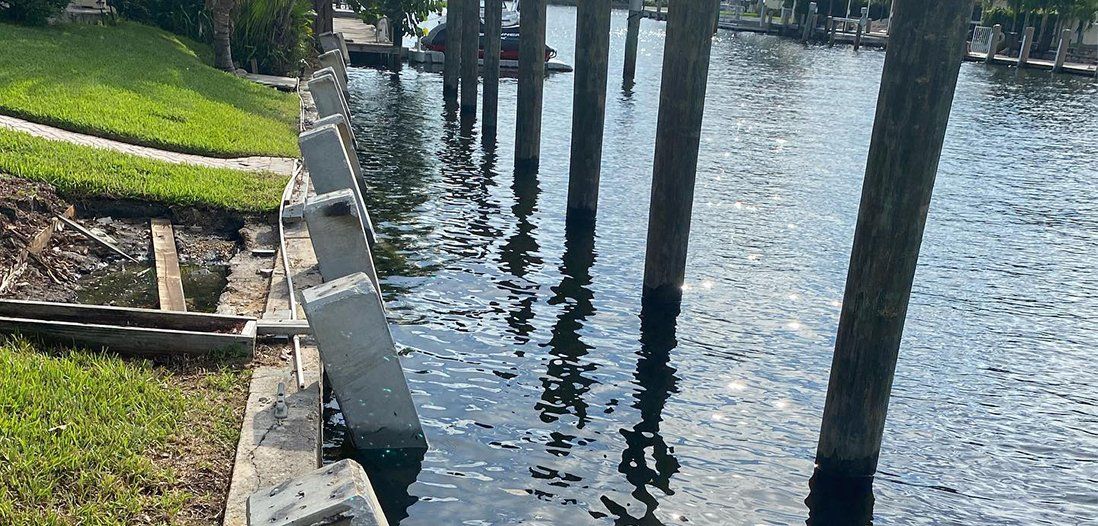
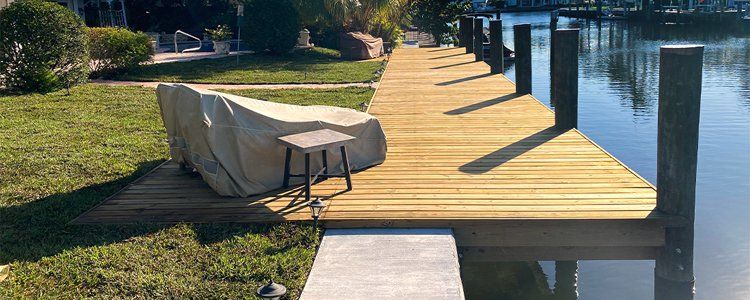
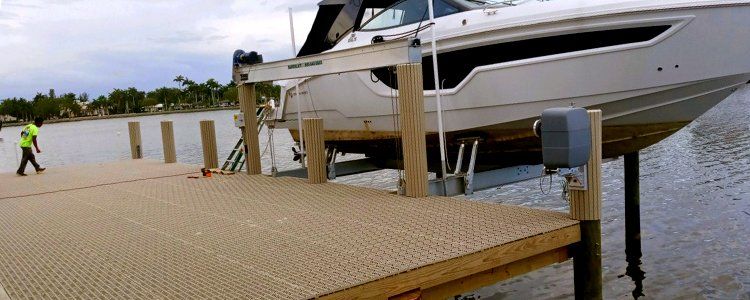

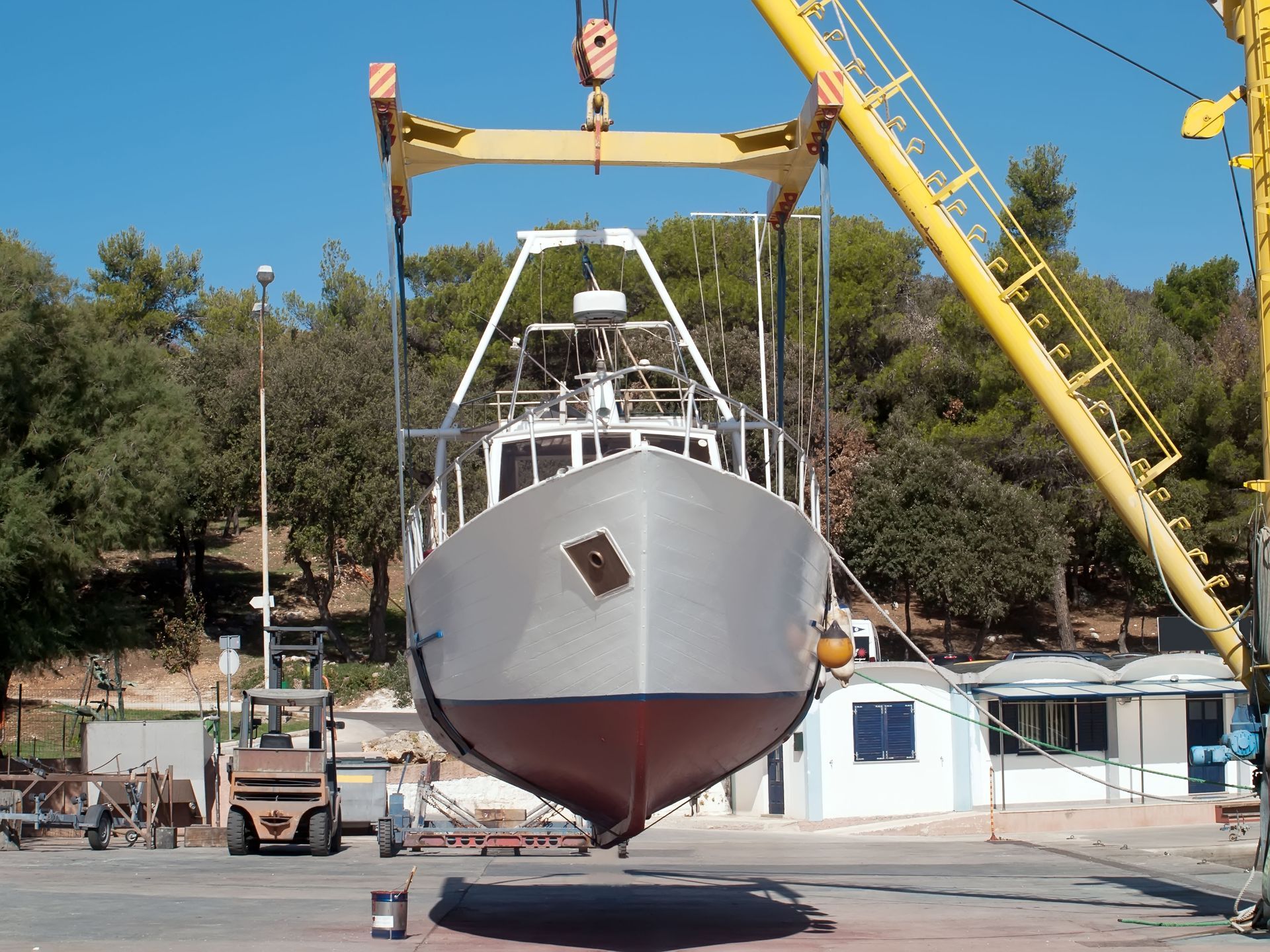
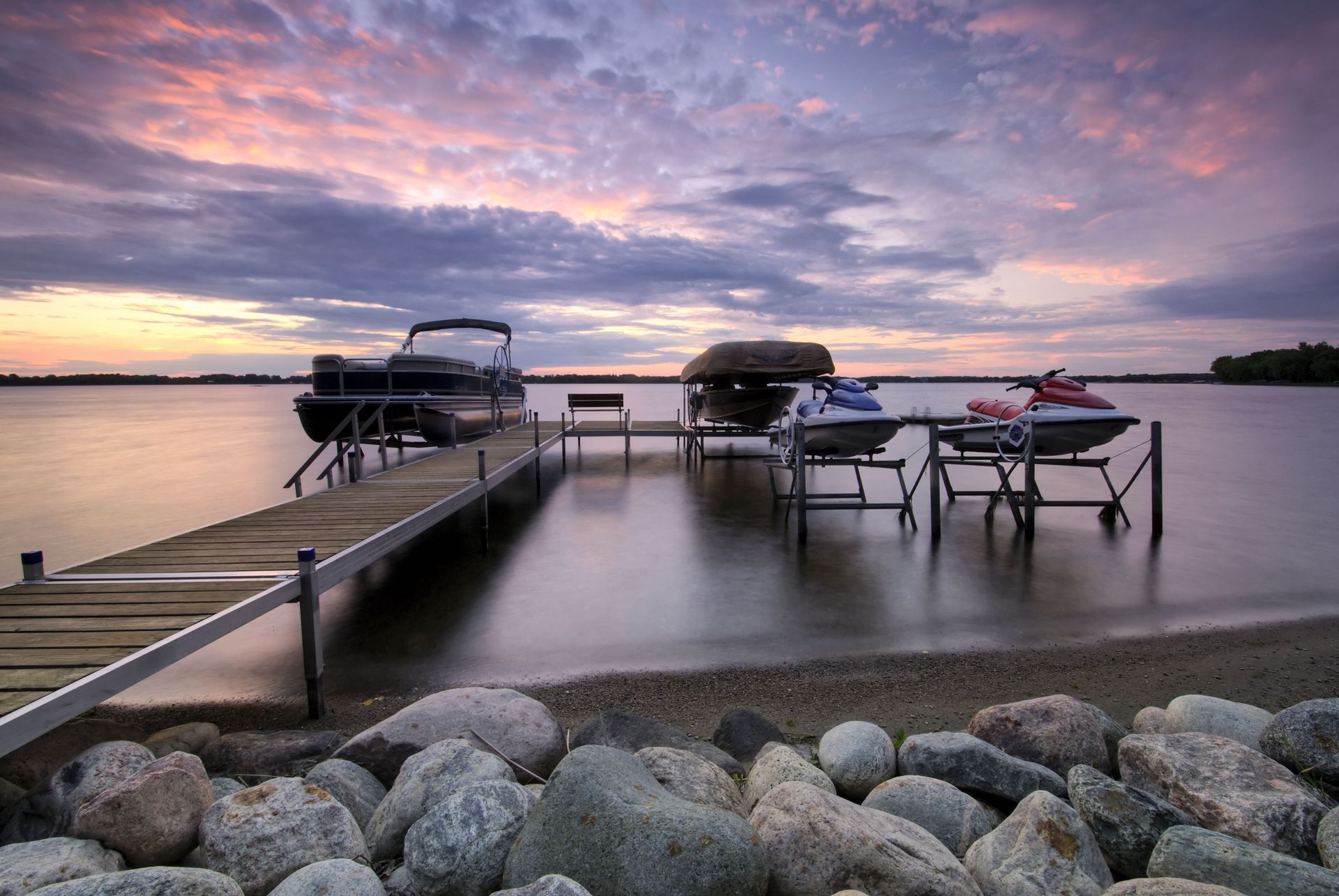
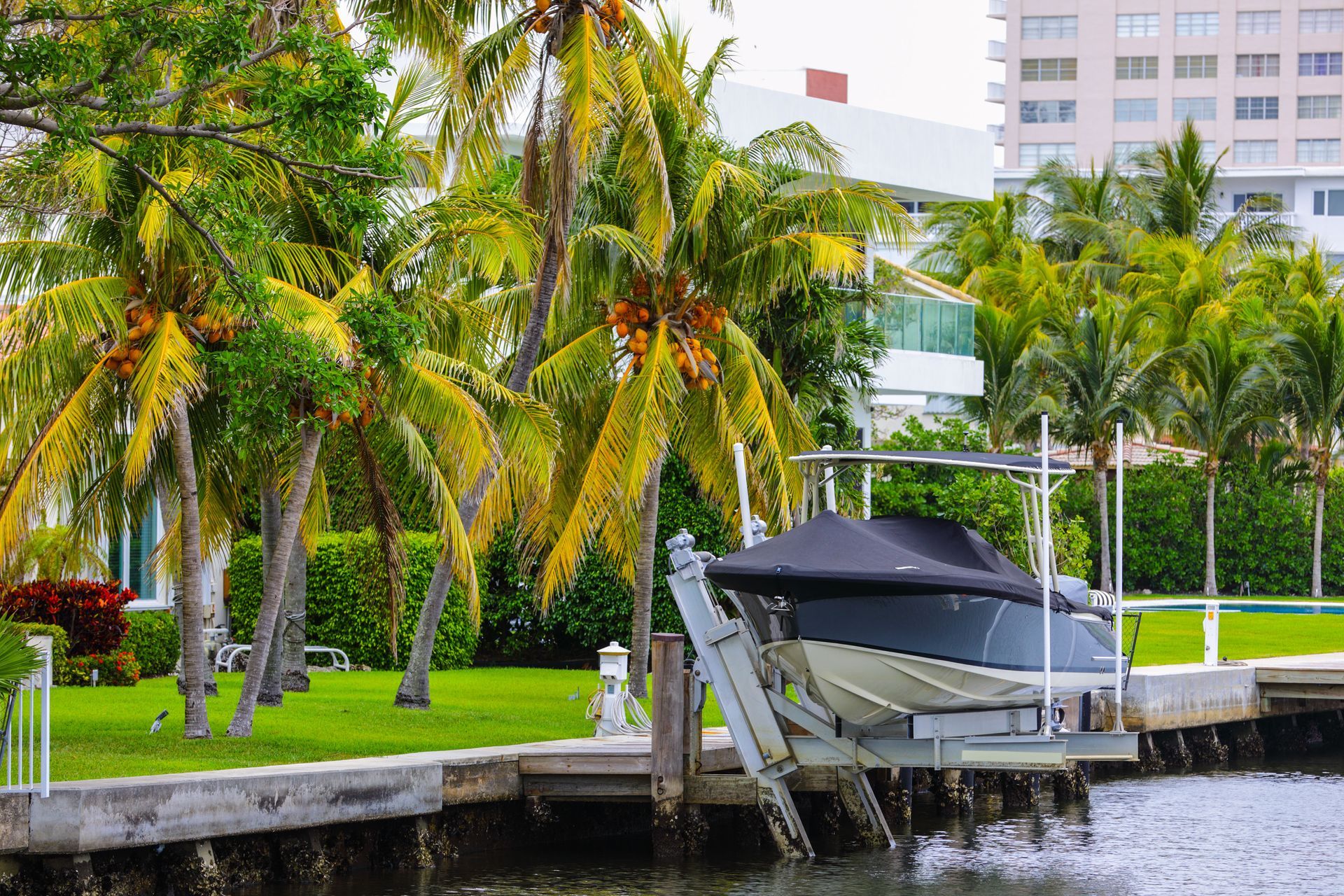
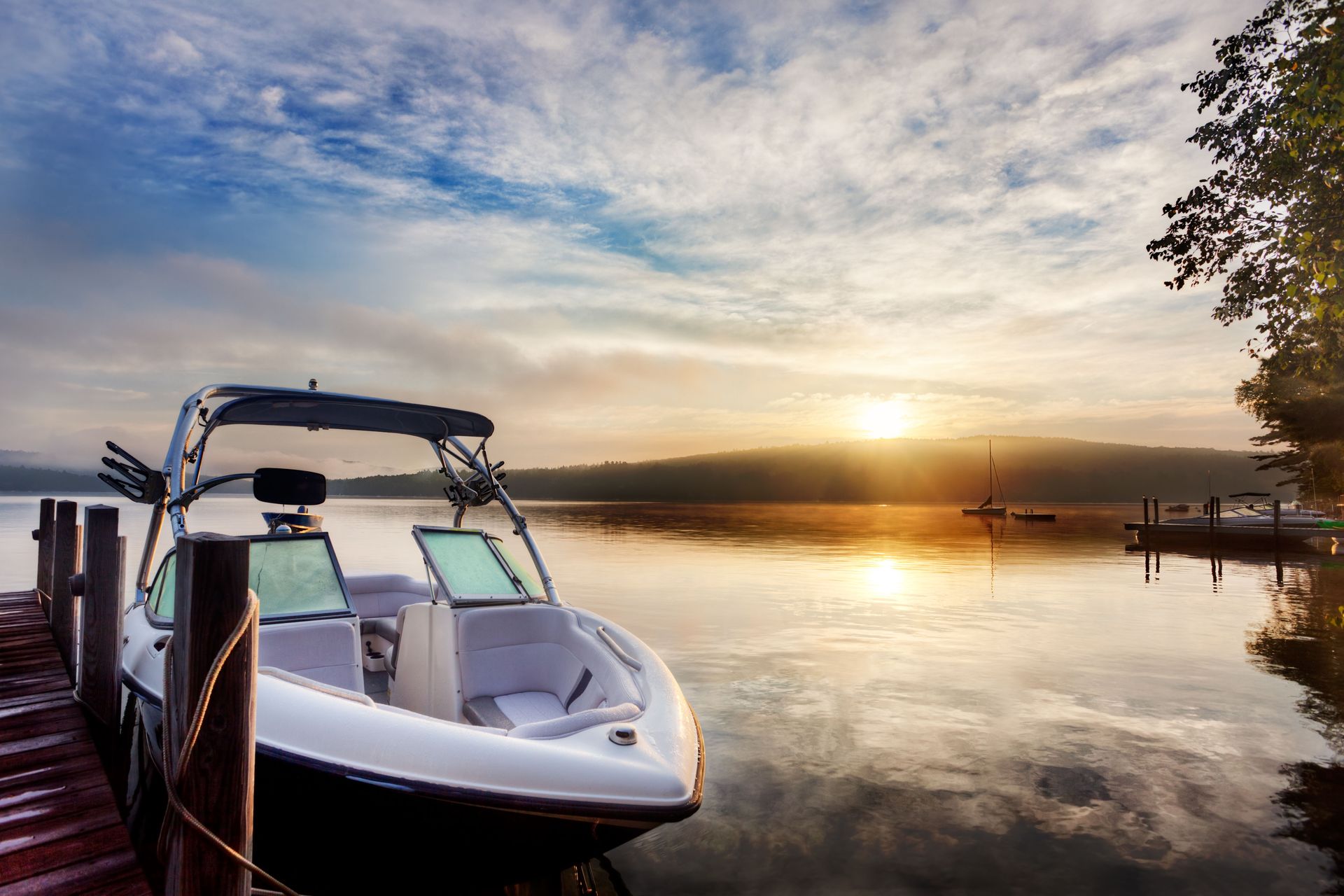
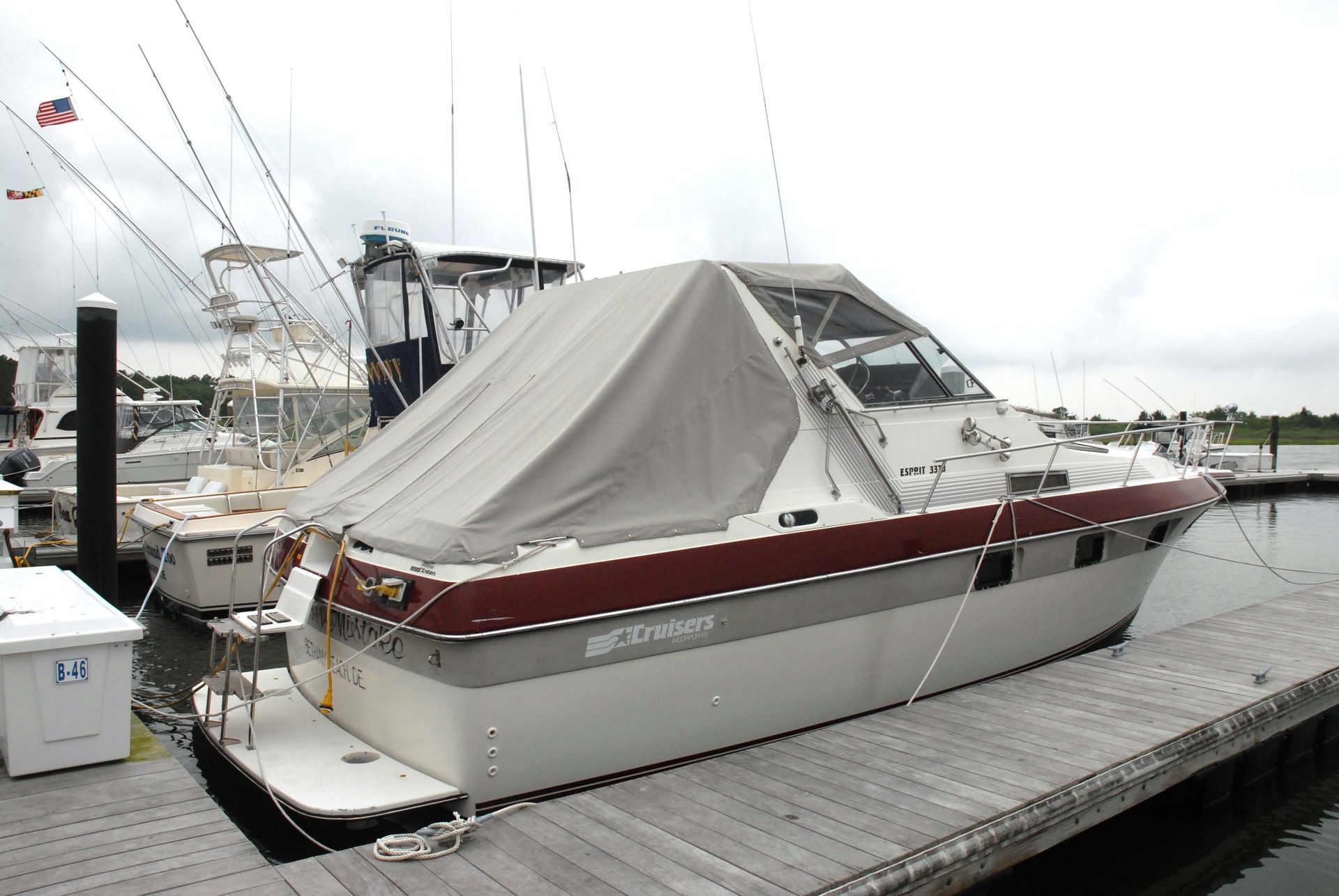

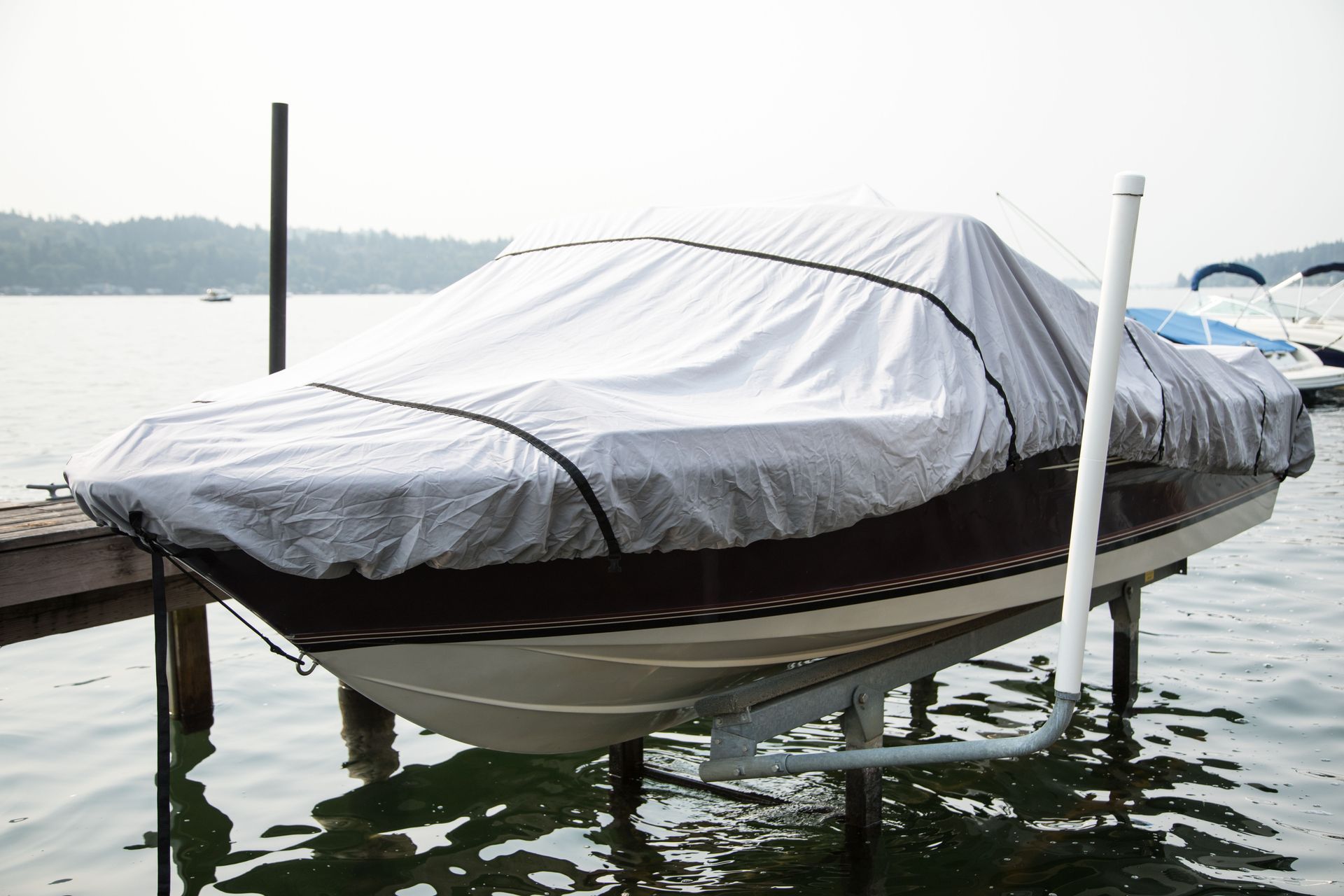

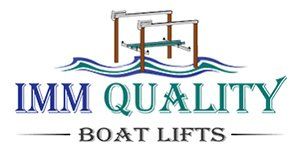
Share On: